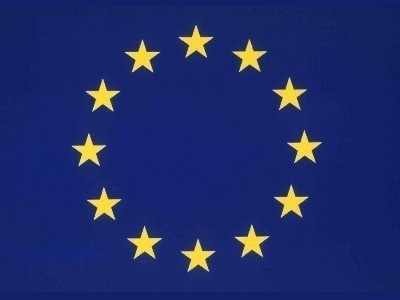ECB QE and Negative Interest Rates To Avoid Recession
Published / Last Updated on 12/09/2019

The European Central Bank (ECB) has moved to even lower negative interest rates of -0.5% pa and is also looking at re-starting quantitative easing to buy back €20 billion euros of debt a month from 1st November 2019 to avoid a recession and stimulate the economy.
Quantitative easing means the central bank can inject money into the financial system whilst interest rates are low and buy assets like government bonds back. This process makes more money available and encourages financial companies to lend more to businesses and individuals.
The ECB will run the asset purchase programme for as long as necessary and keep interest rates the same or at a lower level until the Eurozone inflation reached its target rate of 2%.
Comment
Interest rates are the usual control for inflation, recession and recovery and QE should only be used as an emergency option. It is becoming all too common with central banks using QE as opposed to governments borrowing to spend on infrastructure.